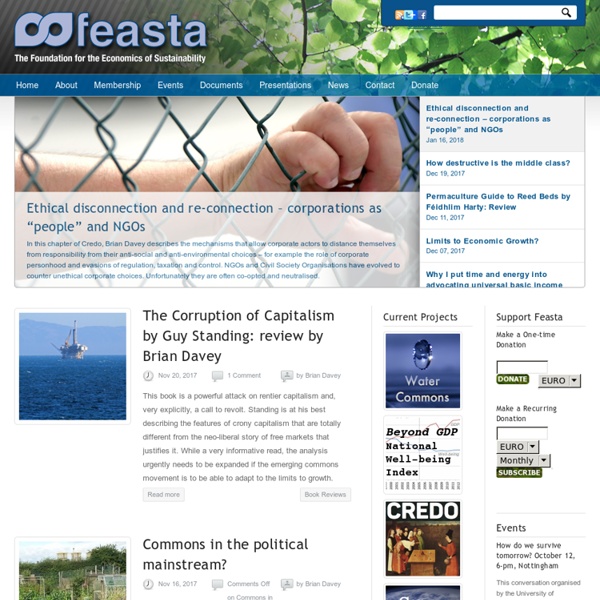



About Us Monitor helps organizations grow. We work with leading corporations, governments and social sector organizations around the world on the growth issues that are most important to them. Growth is a complicated problem. It involves identifying new opportunities through creativity and insight; it also involves the hard work of removing the barriers to growth that build up over time in any organization. It’s about knowing where to grow, but also how to overcome what holds you back. Claiming our Future meet in Cork to rate political parties on re : Impact Trade Union - A taste of conference - #ictuwomen14 from Irish Congress of Trade Unions on Vimeo. A taste of conference - #ictuwomen14 Capturing some of the voices of the amazing women who were at the ICTU Women's Conference 2014, this short video looks at the issues, the people and the hot topics discussed in Wexford on March 6th & 7th.
WIR Bank WIR Bank logo The WIR Bank, formerly the Swiss Economic Circle (GER: Wirtschaftsring-Genossenschaft), or WIR, is an independent complementary currency system in Switzerland that serves businesses in hospitality, construction, manufacturing, retail and professional services. WIR issues and manages a private currency, called the WIR Franc, which is used, in combination with Swiss Franc to generate dual-currency transactions. The WIR Franc is an electronic currency reflected in clients' trade accounts and there is no paper money. The use of this currency results in increased sales, cash flow and profits for a qualified participant.
Naomi Klein Published at The Intercept Now that it seems virtually certain that Donald Trump will withdraw the United States from the Paris climate accord, and the climate movement is quite rightly mobilizing in the face of this latest dystopian lurch, it’s time to get real about something: Pretty much everything that is weak, disappointing, and inadequate about that deal is the result of U.S. lobbying since 2009. The fact that the agreement only commits governments to keeping warming below an increase of 2 degrees, rather than a much safer firm target of 1.5 degrees, was lobbied for and won by the United States.
CEDA - Research and policy CEDA's only agenda is to pursue good public policy to progress Australia's economic and social development. CEDA's research and policy work identifies, analyses and offers solutions for issues that underpin Australia's long-term economic and social development. Our research raises the level of public policy debate and discourse around the country by drawing together the best minds on key issues of the day to inject new ideas into the public forum. 2017 policy priorities The Big Push Forward Rosalind Eyben Rosalind Eyben is one of the co-convenors of the Big Push Forward. She has been a Fellow at the Institute of Development Studies where she is a member of the Participation, Power and Social Change team [link] where she works on power and relations in the international aid system. She was previously employed by the UK Department for International Development and before that as consultant and adviser to the ILO, FAO and other United Nations agencies.
Constitutional Convention – Government Proposals The Taoiseach met this evening with representatives of the opposition parties in order to consult with them on the Government’s proposals on the forthcoming Constitutional Convention. The opposition parties undertook to revert with their views within a week, following which a further meeting is envisaged. Background The Programme for Government (PfG) contains a commitment to establish a Constitutional Convention. The Government has approved the establishment of the Convention and has agreed in principle arrangements for its structure and operation as outlined below. The purpose of this paper is, as promised by the Taoiseach in the Dáil, to consult formally with Opposition Party Leaders on the Government’s proposals.
Post-capitalism Socialist economics and the socialist calculation debate concern the organization and functioning of a post-capitalist system. This subject encompasses alternatives for the major elements of a capitalist system, such as the wage and profit systems, market-based allocation, private ownership of the means of production, and the use of money as a measure of value; and critical analysis of post-capitalist economic models.[1] Arguments for post-capitalism[edit] In the Marxist method of analysis and theory of historical materialism, specific modes of production come into being as a result of underlying changes in the level of technology. Post-capitalist systems[edit]